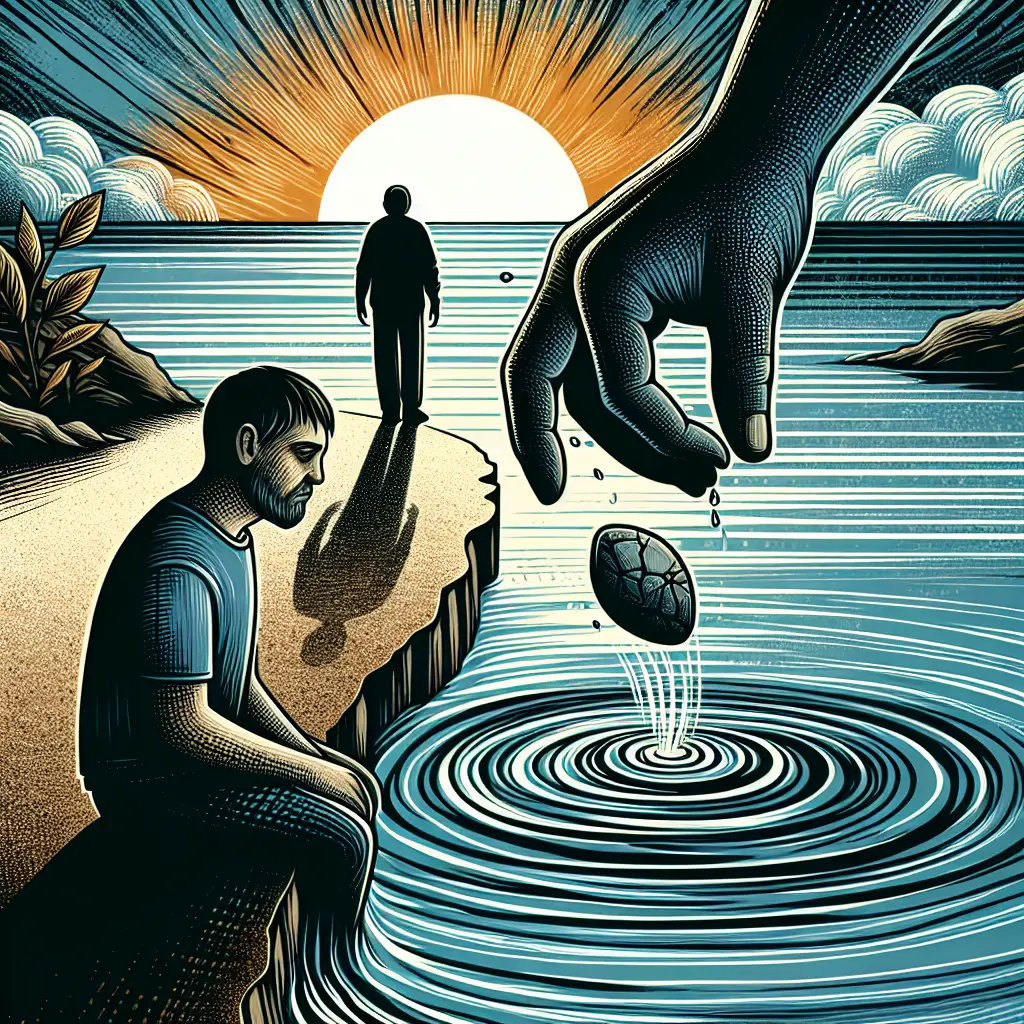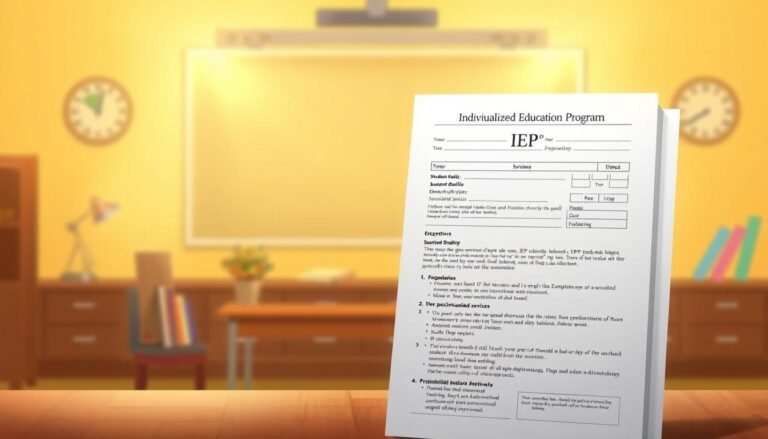
Childhood Trauma and Its Ripple Effects: Unpacking Mental Health Struggles in Adulthood – The Ultimate Guide
Introduction
Picture a quaint childhood scene—a family gathered at the dinner table, siblings engaged in lively banter, laughter filling the air. For many, this idyllic setting represents the essence of growing up. However, for countless others, childhood is marked not by joy, but by trauma. Childhood trauma can take many forms, including abuse, neglect, or exposure to domestic violence, and its effects can send ripples through a person’s life long after the events have passed.
This article titled "Childhood Trauma and Its Ripple Effects: Unpacking Mental Health Struggles in Adulthood" delves deeply into how those early, often harrowing experiences shape adult mental health. By exploring the long-term consequences of childhood trauma, we aim to clarify why understanding these ripple effects is essential for healing and growth.
Understanding Childhood Trauma
What Is Childhood Trauma?
Childhood trauma refers to any event or series of events that cause significant psychological distress to a child. This can include physical, emotional, or sexual abuse, parental neglect, or experiencing the consequences of a parent’s mental illness, substance abuse, or incarceration. The impact of these experiences can manifest in various ways, affecting a person’s mental, emotional, and even physical well-being into adulthood.
The Brain and Trauma
One of the critical elements in understanding childhood trauma and its ripple effects is the way trauma impacts brain development. The brain undergoes significant growth during childhood, and adverse experiences can disrupt normal development.
Table 1: The Impact of Trauma on Brain Development
| Age Range | Developmental Tasks | Potential Trauma Impact |
|---|---|---|
| 0-2 years | Attachment and bonding | Attachment disorders |
| 3-5 years | Language and emotion | Difficulties in emotional expression |
| 6-12 years | Cognitive and social skills | Learning disabilities |
| Adolescence | Identity and autonomy | Risky behaviors, peer issues |
Understanding the relationship between trauma, brain development, and future mental health struggles is crucial as we explore the broader implications of childhood trauma.
The Ripple Effects of Childhood Trauma
Mental Health Challenges
Anxiety and Depression
Childhood trauma is often linked to increased risk of anxiety and depression in adulthood. Individuals who experience trauma may develop heightened levels of anxiety, often leading to disorders such as Generalized Anxiety Disorder (GAD) or Panic Disorder. Similarly, childhood experiences of trauma can increase vulnerability to depression, resulting from feelings of helplessness and abandonment.
Case Study: Sarah’s Story
Sarah grew up in a household with substance-abusing parents, leading to chronic neglect. As she entered adulthood, she faced debilitating anxiety attacks and major depressive episodes. Despite her struggles, therapy helped her uncover the roots of her anxiety, leading her on a path to recovery.
Post-Traumatic Stress Disorder (PTSD)
PTSD is another significant mental health consequence of childhood trauma. Adults who experienced severe trauma in their youth may relive those experiences through flashbacks or nightmares, struggling with daily reminders of their past.
Case Study: Mark’s Experience
Mark, a military veteran, witnessed traumatic events during his service. However, he later discovered that his childhood exposure to domestic violence compounded his battle with PTSD. Therapy enabled him to address both sets of trauma, highlighting the importance of understanding the full scope of one’s traumatic experiences.
Relationship Issues
Adults who experienced childhood trauma often face difficulties in forming and maintaining healthy relationships. Their experiences can lead to trust issues, fears of intimacy, and challenges in emotional regulation.
Case Study: Emily and John
Emily and John, both survivors of childhood trauma, struggled with commitment in their relationship, often choosing to sabotage their connection due to fear of abandonment. Through couples therapy, they began to understand how their past dictated their present, learning tools to communicate more openly and trust one another.
Substance Abuse
In an attempt to cope with their unresolved trauma, many individuals may turn to substances as a form of escape. Substance abuse becomes a way to numb the pain associated with traumatic memories, creating a vicious cycle that complicates recovery.
Table 2: The Link Between Childhood Trauma and Substance Abuse
| Type of Trauma | Associated Substance Use |
|---|---|
| Physical abuse | Alcohol and opioid abuse |
| Emotional neglect | Increase in illegal drug use |
| Sexual abuse | Higher risk of dependency on substances |
The Role of Intervention and Healing
Therapy and Counseling
Addressing childhood trauma and its ripple effects is essential for mental health recovery and well-being. Evidence-based therapy approaches, such as Cognitive Behavioral Therapy (CBT) and Eye Movement Desensitization and Reprocessing (EMDR), have proven effective in helping survivors process their experiences.
Case Study: Alex’s Therapeutic Journey
After a lengthy battle with depression linked to early experiences of trauma, Alex sought therapy. EMDR allowed him to process painful memories, leading to increased resilience and better emotional regulation.
Support Systems
Building support networks is another vital component of healing from childhood trauma. Friends, family, or support groups create an environment where survivors can share their experiences and learn from others. Encouragement and understanding from loved ones can mitigate some of the burdens that trauma survivors carry.
Mindfulness and Self-Care
Practices such as mindfulness and self-care have shown promise in managing the symptoms of trauma. Engaging in meditation, yoga, or simply spending time in nature can help individuals reconnect with themselves in a positive manner.
The Importance of Education and Awareness
Raising Awareness in Society
Understanding the long-term impacts of childhood trauma is crucial for creating a supportive society. Schools, workplaces, and community organizations can benefit from trauma-informed practices that prioritize mental health and well-being.
Training and Workshops
Implementing training programs and workshops focused on trauma awareness can educate individuals in various fields—such as healthcare, education, and social work—about recognizing trauma and its symptoms.
Conclusion
Childhood trauma is a heavy burden that affects many in profound ways, leaving lasting impressions on mental health and emotional well-being throughout adulthood. However, it is crucial to recognize that healing is possible. Through therapy, strong support networks, and self-care practices, individuals can reclaim their lives and forge healthier futures.
As we unpack the complexities of childhood trauma and its ripple effects, we hope to inspire action in our readers. By fostering understanding and compassion, we can contribute to breaking the cycle of trauma and moving toward a brighter, healthier future.
FAQs About Childhood Trauma and Its Ripple Effects
1. What are the signs that someone may have experienced childhood trauma?
Common signs include anxiety, depression, trust issues, difficulty in maintaining relationships, and substance abuse. Additionally, they may have trouble regulating their emotions or exhibit symptoms of PTSD.
2. How can childhood trauma affect physical health?
Research shows that individuals with a history of childhood trauma may be at a higher risk for chronic illnesses, such as heart disease, obesity, and autoimmune disorders, due to the impact of stress on overall health.
3. Can childhood trauma be entirely resolved?
While healing is a journey that may take years, many individuals find significant improvement in their mental health and emotional well-being through therapy and support.
4. What role do parents play in mitigating the effects of childhood trauma?
Parents can support their children by providing a stable, loving environment, prioritizing open communication, and seeking professional help if they suspect their child has experienced trauma.
5. Is it possible to build healthy relationships after experiencing childhood trauma?
Yes! Through therapy and support, many individuals learn to trust and form healthy bonds, often using their experiences to cultivate empathy and compassion for others.
This exploration of "Childhood Trauma and Its Ripple Effects: Unpacking Mental Health Struggles in Adulthood" speaks to the profound importance of understanding childhood trauma. Through awareness, education, and a focus on healing, we can begin to address the far-reaching impacts of trauma and promote healthier futures for individuals and communities alike.















